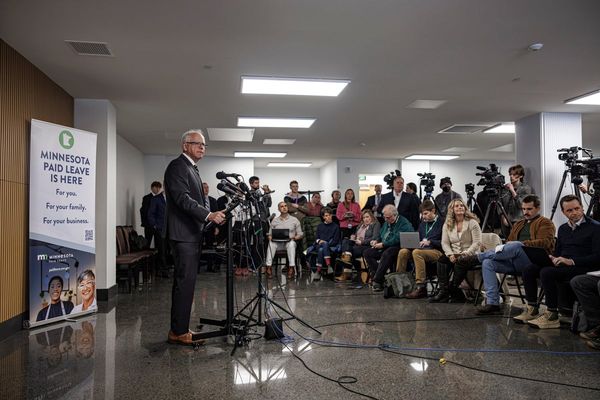
Looking ahead into the new year, Singaporeans can expect more public dialogue on gender equality. The government has launched a review of women’s issues, with a white paper to be published in the first half of 2021, drawing on feedback received from engagement sessions named “Conversations on Women Development.”
Such discussions are much needed and long overdue in Singapore. Great strides were made over the past decades, from ending polygamy to creating greater access to education and the workplace for women. But, as with many other societies, sexist and patriarchal attitudes persist.
Women are still under-represented in higher, decision-making positions in business and politics. Women still shoulder most of the burden of unpaid household and care labor. In recent years, attention has also been drawn to multiple cases of sexual harassment, assault, and voyeurism, particularly on university campuses.
Yet this government-backed exercise is likely to be rather limited, especially if “women development” is the predominant framing.

An illustration of this circumscribed vision can be found in a Lianhe Zaobao (聯合早報) editorial published in September. The editorial ostensibly supports women’s rights, but reminds readers to acknowledge the “reality” of differences between men and women, that men are more predisposed to violence and more practical while women are more caring and place greater value on interpersonal relationships. These differences, the editorial said, developed through millions years of evolutionary history, resulting in the division of different social roles.
The editorial also reminded the government about the conflicts in “the West” over the rights and recognition of transgender and non-binary people. “This is the first time the government is exploring women’s issues in the form of a White Paper, which will be helpful in continuing efforts to respect women, but must avoid becoming a tool for some to tear apart the social consensus,” it warned in its conclusion.
While few advocates for women’s rights would oppose a more equal division of labor at home and increased representation of women in decision-making roles, I’m hoping for a more expansive vision. One can’t take the Lianhe Zaobao editorial as a complete stand-in for the government’s position, but it’s a pretty good indication of a conservative, establishment view of the issue.
It’s one thing to boost “women development” — a term with echoes of a “lean in” mentality that places the onus on women to work even harder to succeed in environments predominantly catering to men — but quite another to truly challenge the patriarchy and live up to feminist principles. Doing the latter would require us to go much further than talking about who does the laundry and celebrating the number of women on elite company boards.
It would require us to not only talk about how women deserve respect; we would also have to take into account how societal norms and assumptions linked to gender, race, religion, and class, among others, also impact our lives and the options open to us. And yes, we’d have to talk about the rights that LGBT people are entitled to, but are currently deprived of in Singapore.

It might look like gender equality to have a woman as the chairperson of a board, or as a Cabinet minister. But it’s not feminist progress if this woman, highly qualified and moving in elite circles, doesn’t understand or create space for women in vastly different situations — minority women, working-class women, women who haven’t had the opportunity to obtain advanced educational qualifications — to also have their voices heard and their issues addressed. Introducing measures that allow Singaporean women to stay in the workforce for longer is a one-sided victory for women if this means outsourcing care work to migrant women working for exploitatively low wages. Similarly, it isn’t really progressive if we use discussions about gender equality and “women development” to reinforce gender binaries that perpetuate stigma against transgender and non-binary people, dismissing these issues as “Western imports” in ways that erase the existence of the LGBT community in Singapore.
A review of the state of gender equality in Singapore is a good step forward, but we can and should go much further. The pandemic has already highlighted how inequality exacerbates the effects of lockdowns and economic recession. With the good news of vaccines coming our way in the year ahead, we have the opportunity of not just returning to “normal,” but thinking about what sort of society and social contract we want to normalize.
READ NEXT: Who Controls Singapore's 'Safe Spaces'?
TNL Editor: Nicholas Haggerty, Daphne K. Lee (@thenewslensintl)
If you enjoyed this article and want to receive more story updates in your news feed, please be sure to follow our Facebook.







